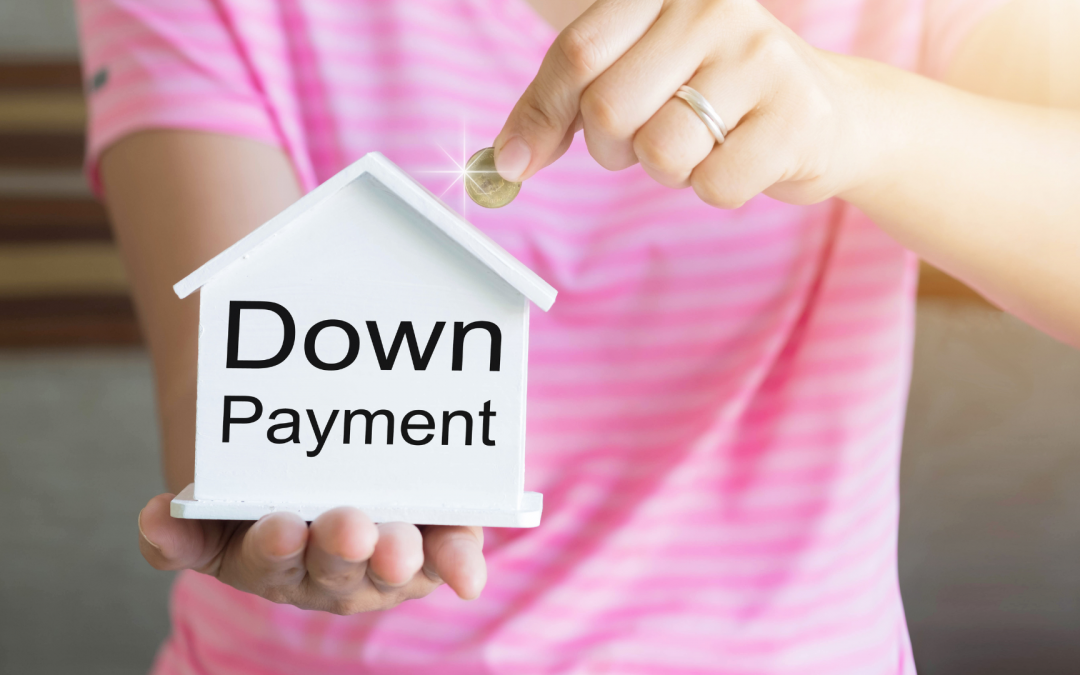Buying a home is exciting but confusing, especially regarding downpayments. Here’s what you need to know to make this process easier to understand.
What is a Downpayment?
A downpayment is the amount of money you pay upfront when you buy a home. It’s a chunk of the total home price that you pay out of your own pocket. This downpayment affects your mortgage and your monthly payments.
How Much Should You Put Down?
The amount you put down can vary, but here are some common guidelines:
- Conventional Loans: Typically, you’ll want to put down 20% of the home’s price. This helps you avoid extra costs like private mortgage insurance (PMI), which protects the lender if you can’t pay your loan.
- FHA Loans: These government-backed loans allow for a lower downpayment, sometimes as low as 3.5%.
- VA and USDA Loans: These loans might not require any downpayment for eligible veterans and rural home buyers.
Aim for a downpayment that fits your budget. While 20% is great, many people buy homes with less.
Why is the Downpayment Important?
Your downpayment is important for several reasons:
- Lower Monthly Payments: The more you put down, the less you borrow, which means lower monthly payments.
- Better Loan Terms: A bigger downpayment might get you a better interest rate and loan terms.
- Equity: The more you put down, the more of the home you own right away, which can help if you sell or refinance later.
How to Save for a Downpayment
Saving for a downpayment can seem tough, but it’s possible with some planning:
- Set a Goal: Figure out how much you need based on the price range of homes you like.
- Budget Wisely: Track your income and spending. Look for ways to cut back and save more.
- Automatic Savings: Set up automatic transfers to a special savings account each month.
- Extra Income: Consider getting a side job or selling items you don’t need to boost your savings.
Downpayment Assistance Programs
If saving is hard, there are programs that can help:
- State and Local Programs: Many places offer downpayment assistance for first-time home buyers.
- Employer Assistance: Some jobs offer downpayment help as part of their benefits.
- Grants and Loans: Look for grants and loans to help cover your downpayment.
Understanding downpayments is a key part of buying a home. The amount you put down affects your loan, monthly payments, and overall finances. By saving smartly, looking into assistance programs, and choosing a downpayment that works for you, you can confidently step towards owning your home.






